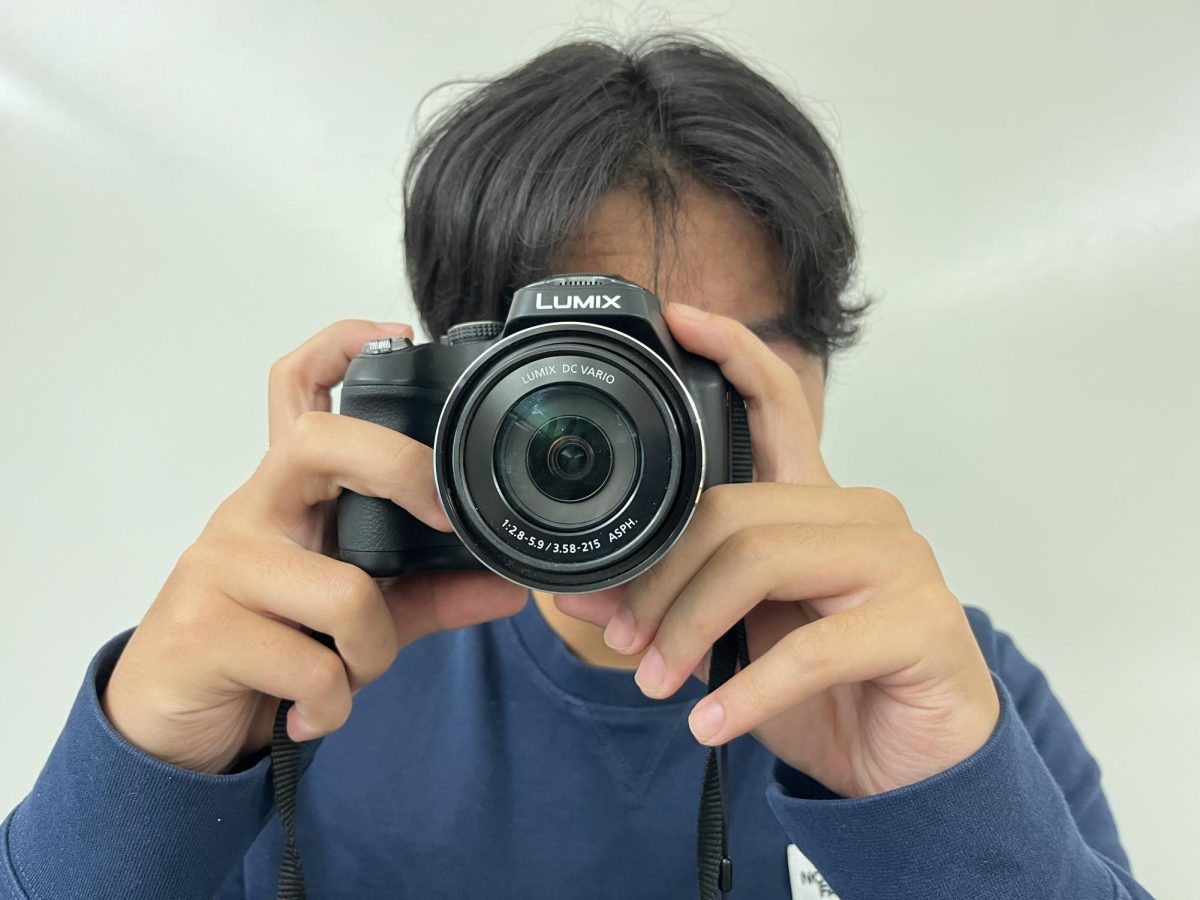Realities of OCD
April 17, 2023

“Please close that cabinet all the way, my OCD is so bad right now.”
My brain shuts down and my eyes shut harder than they’re supposed to. My body shakes and the voices around me turn into faint noises. I forget what I’m doing and who I’m talking to. My brain takes over and I don’t even feel like I’m a person. I just want to stop, but I need to get this just right. The bell rings, and I have to get up and walk to my next class. People keep talking to me, and I keep telling them to stop because they’re messing me up. After a long day of pushing people away, I get home with a headache. I can’t eat dinner because I don’t allow myself to yet. I sit on the bathroom floor for hours with my fists clenched. It’s dark outside and I finally got it. I finally took a deep breath and was able to tell my mom about my day. I did not do any homework because it was late, but imagine explaining that scene to your teacher. What an excuse right? Laying in bed, I get mad at myself for wasting my whole day fixated on something I couldn’t control. Why do I have to feel like this? It’s not fair.
I had to picture a girl in my orchestra class looking at me and blinking. How pathetic huh?
“Ugh, please erase the board, my OCD is going crazy.”
I’m at a basketball game with all of my friends. I am sweating and my body keeps clenching up. I keep holding up a finger telling them to not talk to me because I can’t talk back. I can’t watch the game or even stand. I sit on the bleachers with my head on my hands. I probably look weird. I feel tears start to form because I can’t get it right. I’m mad that I can’t just function and have fun like everyone else. I excuse myself and walk around in the halls so I don’t embarrass myself.
I had to imagine what it was like to receive a text with an exclamation mark at the end of it. How pathetic huh?
Trust me, I am not attempting to compare or lessen other struggles to mine. But I think it is important to learn about what OCD involves that people may not be informed of, the less common struggles.
I think a reason why it is so hard to explain what I go through is because only the generic definition of OCD is being taught. When uninformed people hear “OCD” they think…
-
“Obsession and perfection”
-
“Everything needs to be perfect”
-
“Obsessive over behavior”
-
“Repeating things”
-
“Everything has to be organized”
Believe me, these answers are not wrong and possibly could be found verbatim online or in a textbook. This is what we are taught OCD is. But so many people are unaware of what I go through. I don’t care if a book is crooked. I don’t care if the cabinet is half open. Objects don’t have to be perfect to me. But, I do have to smell books and lotions with an even breath and my nose can’t touch the object. I have to repeat a noise until it sounds good enough. I have to check my phone percentage and alarm three times before I can sleep. I break my favorite necklaces because I have to pull them. I have to look in the mirror at school with a good breathing pattern or I can’t leave. Whatever I picture has to be perfect. Did any of that surprise you or was this an obvious side of OCD?
I avoid forming new relationships because I don’t want to have to explain how my brain functions. I don’t make eye contact for too long. I excuse myself from many group settings so I don’t have to apologize for ignoring people. When my brain is not being consumed by compulsive thoughts, it is being consumed by questions of why my brain is wired the way it is. It’s tiring, and not in the way people learn it is.
Everybody struggles differently, responds differently, and seeks help differently. I’ve accepted that there is nothing embarrassing about having peculiar and unexplainable struggles. For a long time, I wouldn’t speak about my rare battles because they didn’t fit the stereotype of OCD, as defined by my peers. But I have realized that such struggles shouldn’t be unheard of, and that is something that I can have control over.



